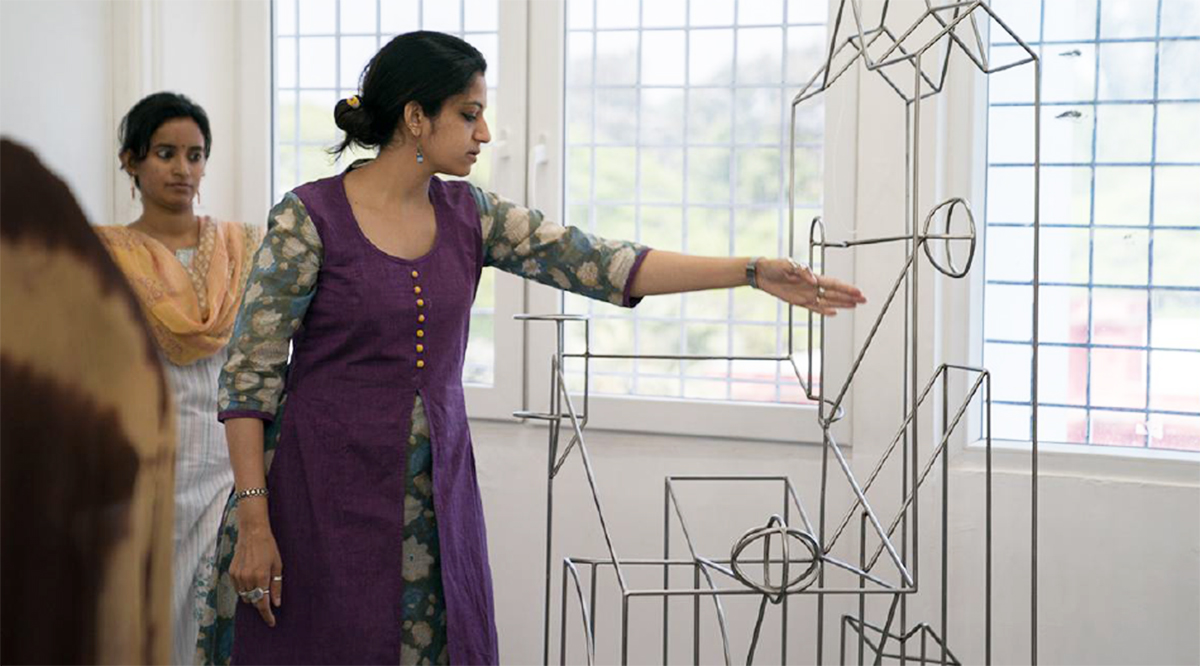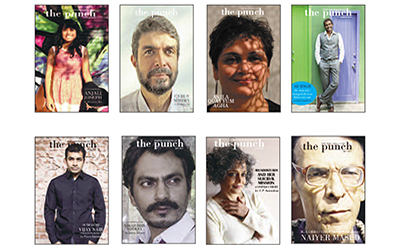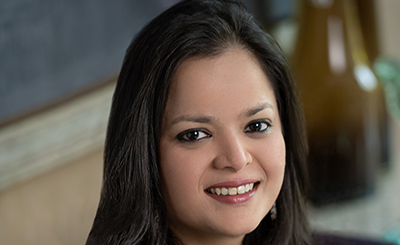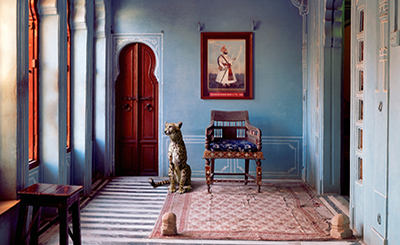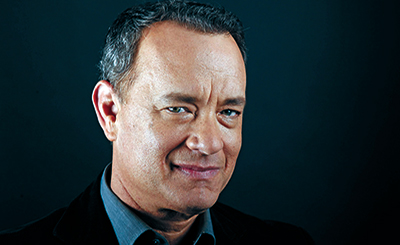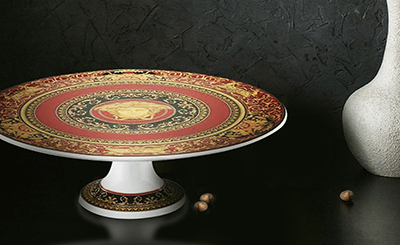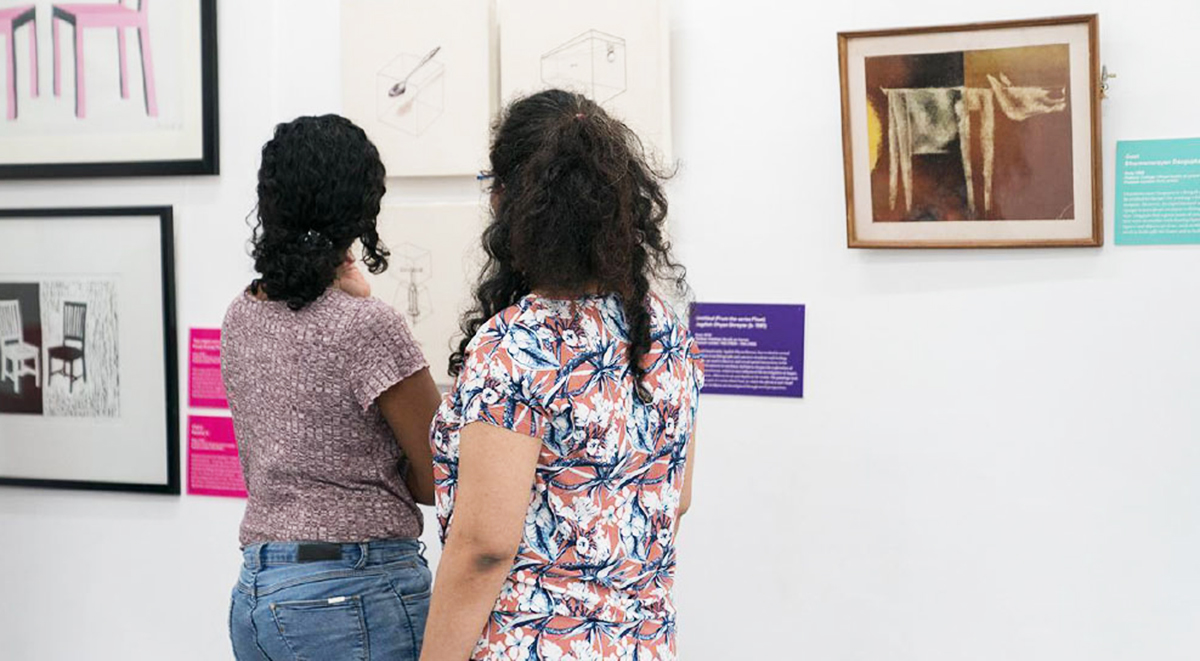
Participants at Championing Learning With the Arts, a MAP workshop for educators, 2020. All photos courtesy of the Museum of Art & Photography (MAP), Bengaluru
Most Indians think the arts and culture are essential, but rarely make time for them, a new research has revealed. The Museum of Art & Photography (MAP) Bengaluru, one of India’s leading private museums, has released new primary research conducted by the ReReeti Foundation, on audience behaviour in India’s cultural sector. The report is based on a survey of 500 people, which included school and college students, professionals across sectors, homemakers and senior citizens. The first-of-its kind initiative in the cultural space, the report shares valuable insights into the behaviour and expectations of Indian audiences engaging with a broad range of cultural activities. As part of MAP’s mission to foster meaningful connections between communities and the cultural sector globally, which includes its innovative digital programme, Museums Without Borders, the report offers insights that can help museums across the country understand their audiences better.
Key highlights of the research include the insight that while more than half of the respondents thought the arts and culture are essential, they rarely manage to make time for it. The majority (60.6%), mostly young people under 30, felt Indian museums could present more engaging content, and most perceived culture as anthropological/ sociological. Of the diverse categories included, music emerged as the most popular cultural activity.
Participants at Championing Learning With the Arts, a MAP workshop for educators, 2020.
Speaking on the recent report, Kamini Sawhney, Director, Museum of Art & Photography (MAP), said, “MAP is focused on changing the notion of a museum in India, by enabling more relevant and inclusive programming, both online and in our space in Bengaluru. The audience research commissioned by MAP, and conducted by the ReReeti Foundation, provides valuable, and actionable insights which we hope will help museums across the country better understand their consumer base, improve decision-making and deepen social impact”.
Highlights of the report:
* 58.1% of people surveyed were below the age of 30, 32.9% between 31-60 and 9% above 60.
* 7 audience profiles were developed from the data gathered, to help museums gain insight into the value systems, behavior and expectations of current and prospective audiences (these include young art enthusiasts, interactive experience seekers, the curious crowd, classically trained, apathetic audience groups etc.).
* 54.5% of the respondents in the in-depth survey agreed with the statement that though they think the arts and culture are essential, they rarely manage to make any time for it.
* 62.3% college students and 47.6% professionals/homemakers perceive culture as anthropological and sociological.
* Music was the most popular cultural event likely to be attended, followed by heritage tours and plays/ comedy shows for Indian audiences.
* In India, museum going is a group activity. Over 70% of college students visit with family and friends; working professionals, homemakers and senior citizens also predominantly visit with groups/ spouses (indicating a need to focus on increased group programming/facilitation).
* 68% of people were optimistic about going outdoors for activities and events in 2021.
* 60.6% said Indian museums are not experimental enough, and can do more to create engaging content that is also relevant to surrounding communities.
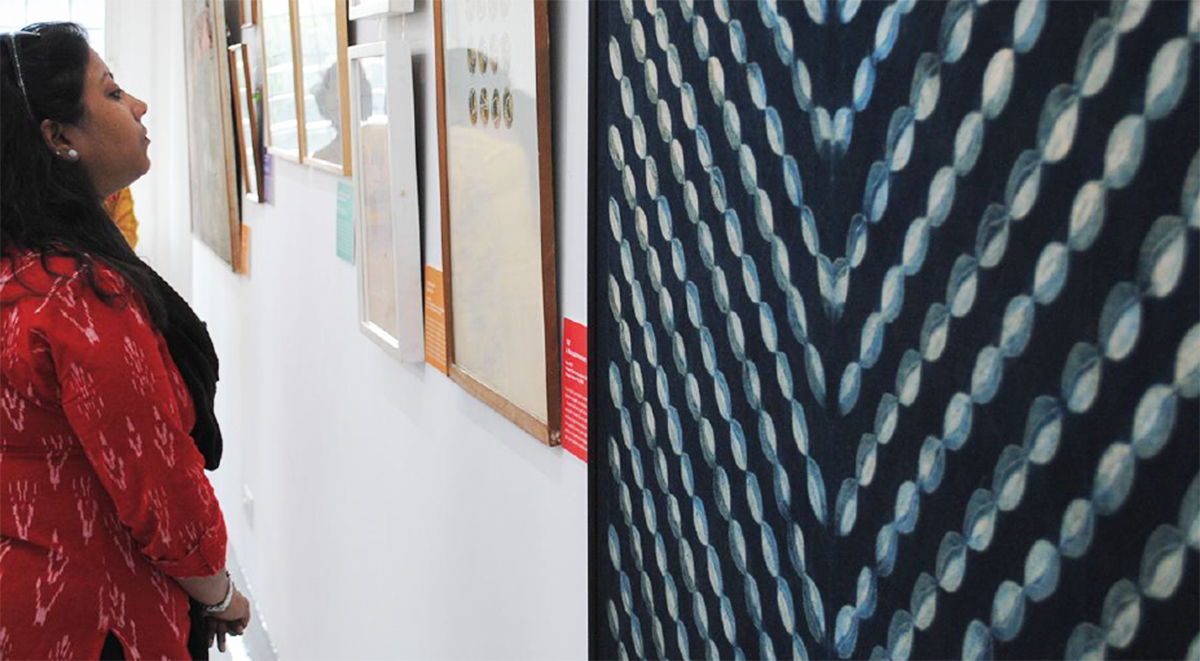
Participants at Championing Learning With the Arts, a MAP workshop for educators, 2020.
MAP aims to make art and culture accessible to diverse audiences, and to create a museum-going culture in India. Housed in a state-of-the-art facility, its five-storey building on Kasturba Road will be a space for ideas and conversations that are initiated through its collection. It will include galleries, an auditorium, an art and research library, an education centre, a specialised research and conservation facility, as well as a terrace cafe. MAP’s Digital Museum, one of the first in India, curates non-stop art experiences for audiences of all ages. Museums Without Borders is a unique digital collaboration, linking MAP to institutions in India and across the world. ReReeti Foundation is a not-for-profit advisory organisation for museums, galleries and heritage sites. Based out of Bengaluru, the interdisciplinary team builds strategic solutions that empower cultural institutions to reach their maximum potential. This research project aims to better understand Indian audience drivers and barriers through exploring their preferences and behavioural patterns, and their engagement with cultural spaces. More broadly, it aims to initiate a conversation between institutions and people, in order to help museums and cultural organisations in India become more relevant and relatable to their audience.
More from News
Comments
*Comments will be moderated




